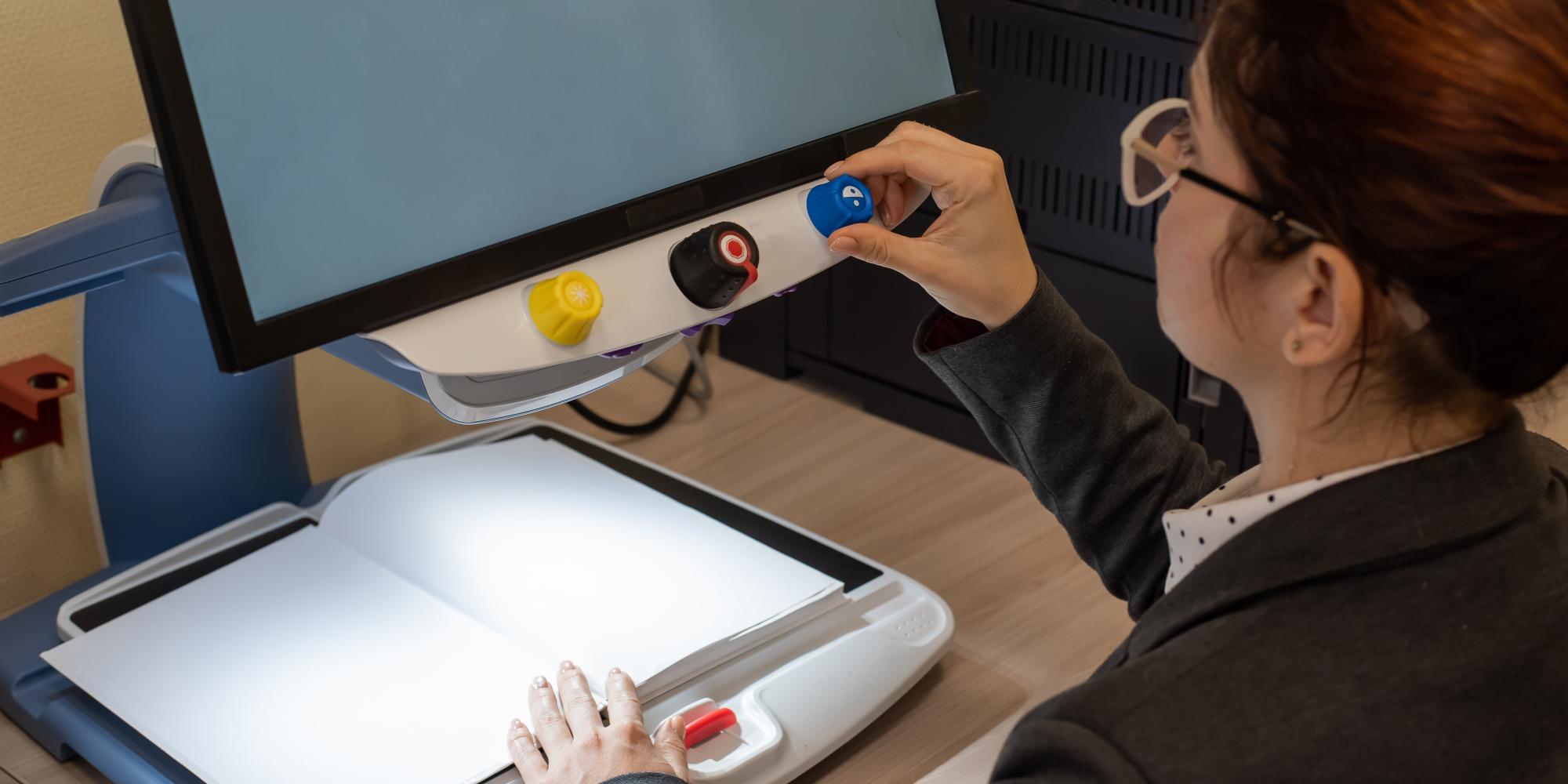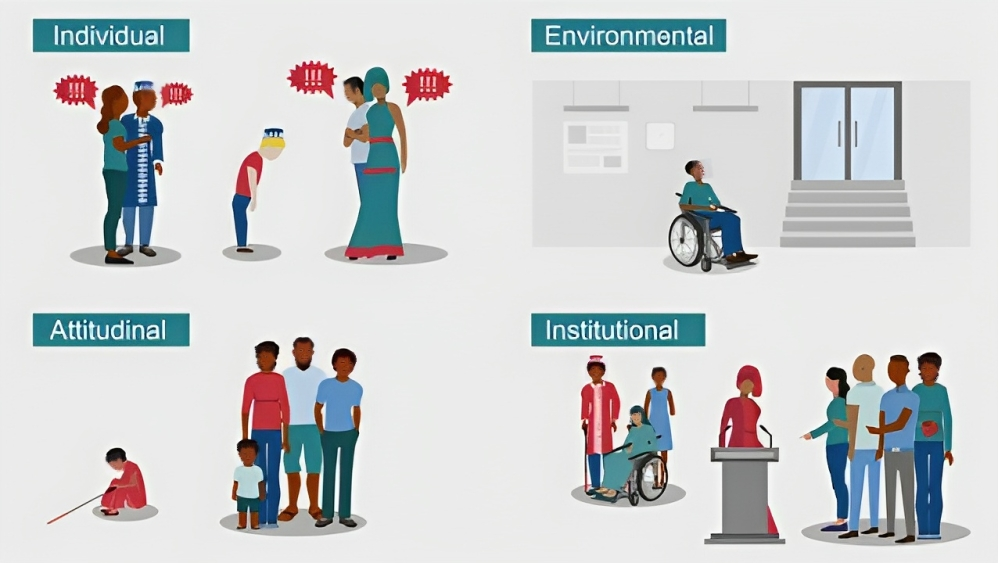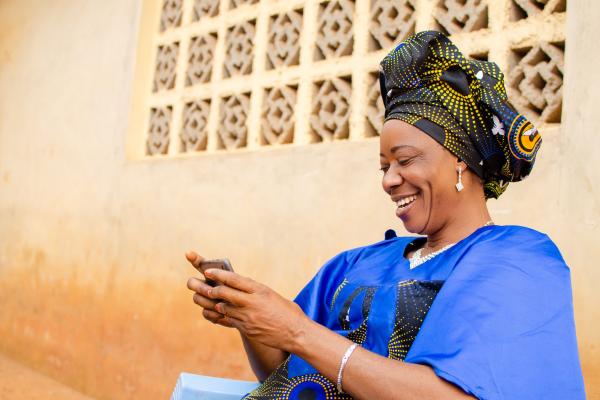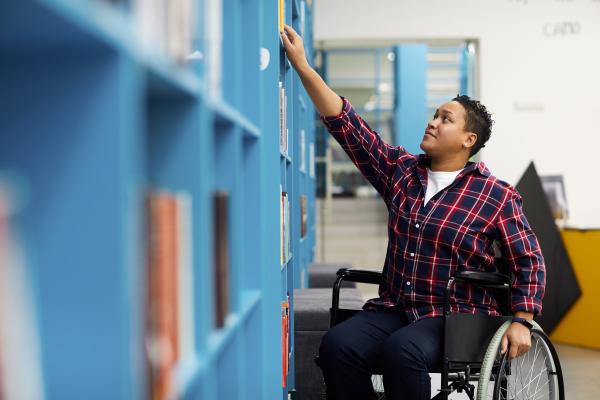Disability Inclusion Helpdesk Query 142 - The Role and Use of Artificial Intelligence (AI) in Disability Inclusion
This query provides an introductory overview of the role and use of AI in Disability Inclusion work globally. It first looks at what evidence, research, and examples exist on the use of AI to support disability inclusion across different sectors, focusing particularly on the fields of education, health, employment, and humanitarian response. It then considers the opportunities created by AI for the inclusion of people with disabilities, before looking at the risks and challenges posed by AI.



